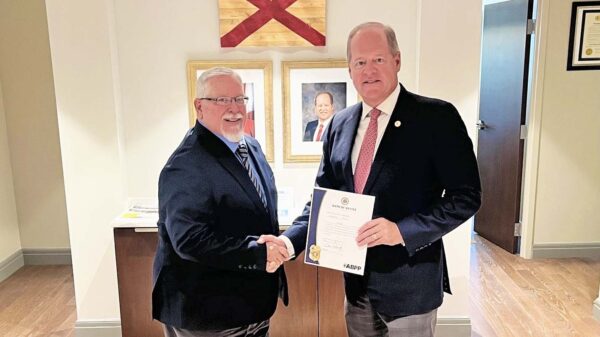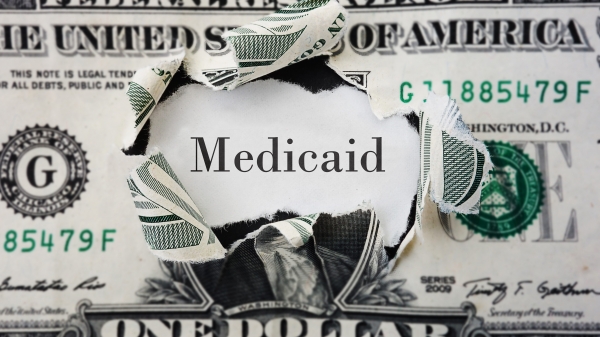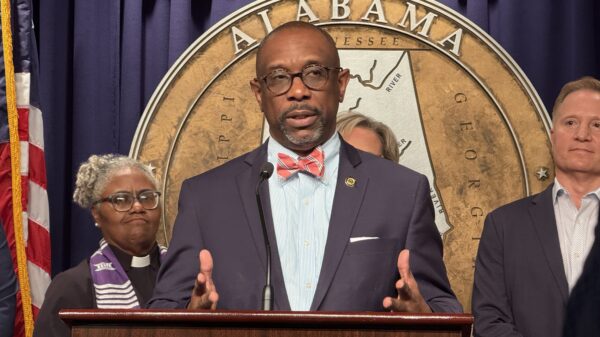The House Ways and Means General Fund committee voted to give a favorable report to the state General Fund budget Wednesday.
Chairman Steve Clouse, R-Ozark, said that he thought that the full House could be considering the budget as early as Tuesday.
Alabama has two separate budgets, with revenues earmarked for each one.
The Education Trust Fund deals with all matters of education.
The General Fund budget deals with public safety, the Department of Corrections, courts, Medicaid, mental health archives and other non-education state agencies.
This 2020 fiscal year General Fund budget, which begins Oct. 1, 2019, is one of the largest in state history after years of lean budgets following the Great Recession.
That good news, however, was perhaps overshadowed by bad news earlier in the day, when the U.S. Department of Justice delivered a scathing report blasting the conditions in Alabama’s overcrowded, understaffed and aging collection of 13 men’s prisons.
Justice Department report documents horrific violence, sexual abuse in Alabama prisons
While the 2020 budget contains money to hire more corrections officers and improve mental health services for inmates, Wednesday’s report and the ongoing federal court case are likely to require the state to take even more drastic action.
Federal court rules Alabama treatment of prisoners in isolation unconstitutional
Clouse said that does not affect the 2020 budget, but would instead be addressed in the 2021 budget.
Also hanging over the 2021 budget is funding the Children Health Insurance Program.
The state is assuming 20 percent of the cost of CHIP after CHIP was reauthorized last year. Clouse said that that would cost the state approximately $120 million next year, split between the Alabama Department of Public Health and Alabama Medicaid.
Clouse said that there will also be additional costs for the upcoming 2020 Census and that redistricting invariably means lawsuits and defending those lawsuits costs money.
When asked whether he was saying that the state will need an additional $200 million minimum next year for the general fund, between the cost of fixing the prisons and funding CHIP, Clouse said, “not necessarily.”
“I have not read the report yet,” he said. “We may build the mega prisons sooner rather than later.”
The firm that has been hired to prepare a report on the prisons has not presented the state’s options yet.
“I am sure in the next few weeks or months we are going to have come up with some proposal,” Clouse said, “We are waiting on guidance from the governor’s office.”
It may be a bond issue, a lease agreement or it may be private prisons.
The state may be able to pay for it with savings from consolidation, Clouse said.
“It has become more apparent that we address this,” Clouse said.
It was brought up in the 2016 session and the problem is “not getting better with time.”
State Representative Pebblin Warren, D-Tuskegee, said that the legislature should not be passing bills that will result in the state paying legal fees, such as the abortion ban.
The pay raise for state general fund employees was being carried by state Rep. Dimitri Polizos.
After his death last week, the committee voted to rename that bill in his honor. It also received a favorable report.






















































